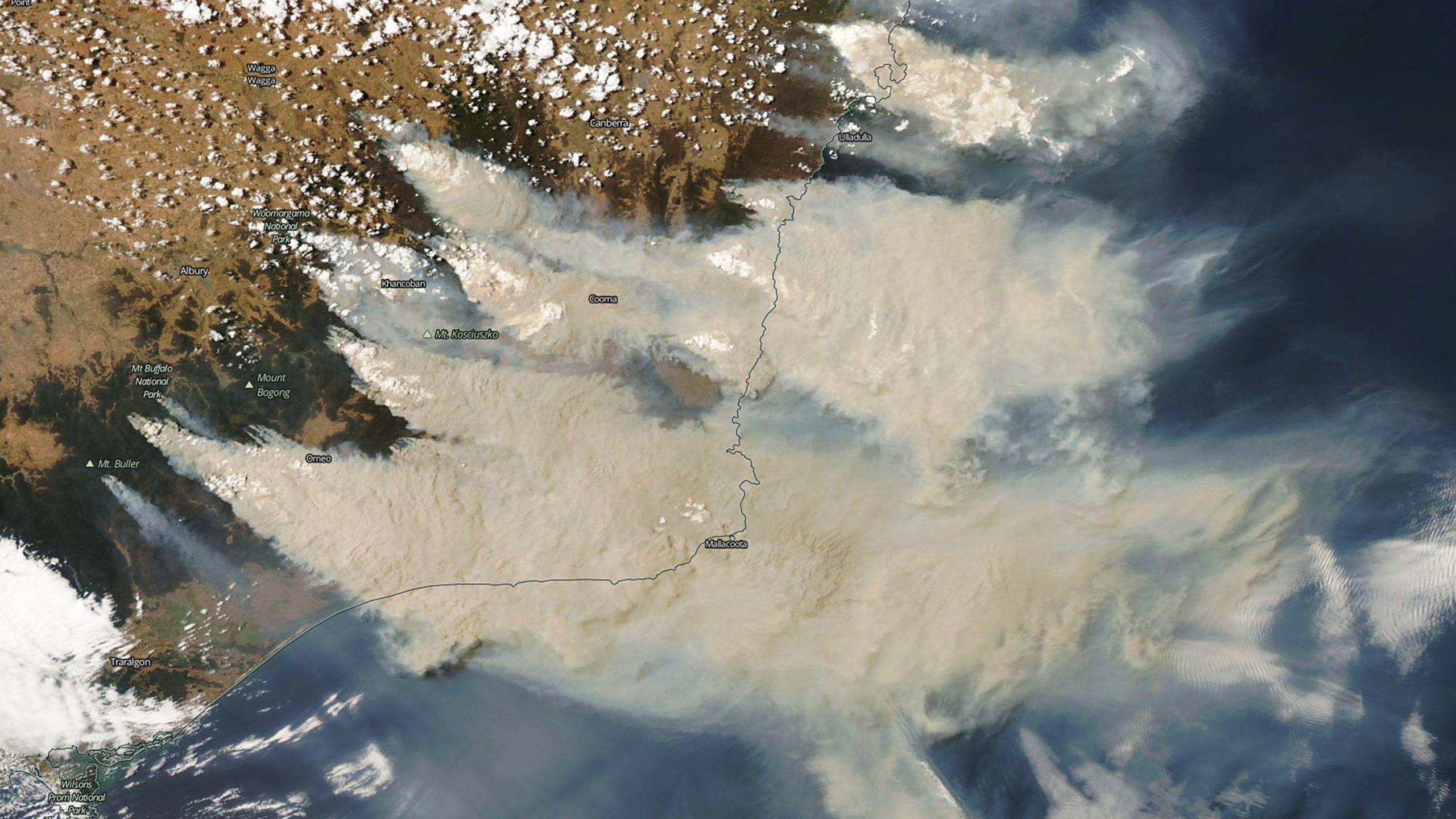Kerby Anderson
Most all media reports claim that the terrible brush fires in Australia have been made worse by climate change. That may be true in the broadest sense, but the reality is more complicated. Here are a few pieces of data to consider.
Climatologist Roy Spencer reminds us that Australia has had a long history of brush fires going all the way back to the Aborigines. The record number of hectares burned on that continent occurred during the 1974-75 season. And it is worth mentioning, there was above-average precipitation and below-average temperatures that year.
This year, Australia hit both a high and a low. The average temperature for 2019 was much higher (in fact 2 degrees higher than just a few years before). And the average precipitation was a record low. If you want to say all of that is due to climate change, feel free to do so.
Dr. Spencer explains that neither of these two data points are what the current climate models predict. They merely look like the natural year-to-year variability of weather patterns that ended up giving Australia a year of drought and high temperatures.
If this pattern is due to climate change, then you might expect to see the same pattern worldwide. A global survey of wildfire activity found that there is actually less fire activity, not more. More areas are experiencing a decrease in wildfire activity than areas are experiencing more wildfires.
We should also acknowledge that some wildfires begin because of human-caused ignition (both accidental and purposeful through arson). And many of those fires are made worse when we don’t clear dead vegetation and follow other fire-management strategies.
The reasons we have such devastating fires in Australia this year are due to much more than the simple media claim that it’s climate change.
 Listen Online
Listen Online Watch Online
Watch Online Find a Station in Your Area
Find a Station in Your Area








 Listen Now
Listen Now Watch Online
Watch Online
